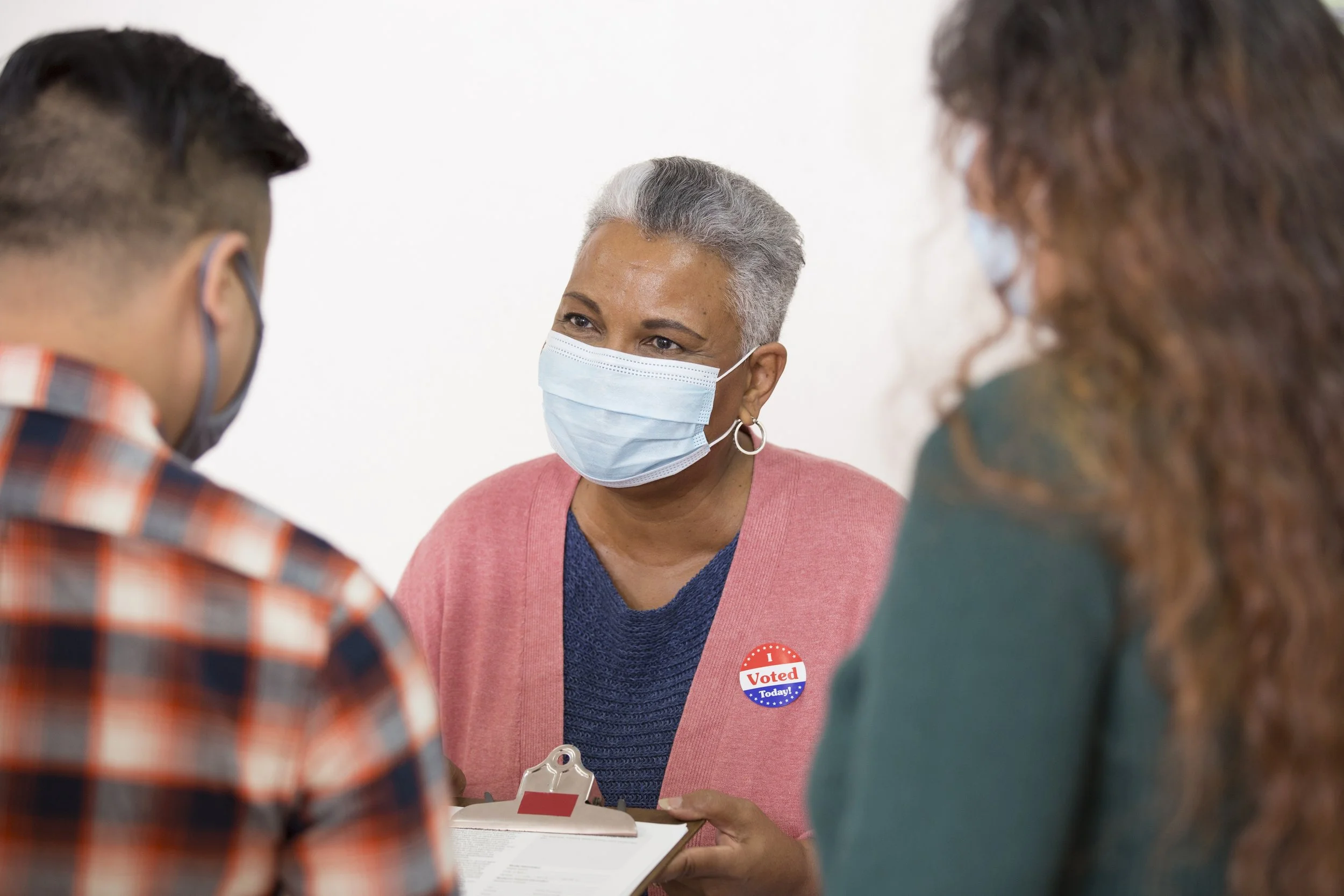Hub Updates
With the election decided, I want to recognize what a devastating result this is for our country and everything we stand for at Public Rights Project. As Maya Angelou said, “When people show you who they are, believe them the first time.”
A staggering three-quarters of Americans say they’ve seen inaccurate news about the 2024 election “at least somewhat often.” Here’s a look at the spectrum of obstacles faced by election officials and their shared confidence in a secure election system.
Public Rights Project – on behalf of a coalition of Pennsylvania county commissioners, councilmembers, and election officials – filed an amicus brief in Genser v. Butler County Board of Elections urging the U.S. Supreme Court not to get in the way of the Pennsylvania Supreme Court’s recent decision affirming the right of voters to cast a provisional ballot in instances when their mail-in ballot is not going to be counted because of an error.
This guide provides a brief introduction to key resources and strategies for election officials concerned about physical and cyber security. The Public Rights Project team is happy to help you navigate these resources.
Public Rights Project – on behalf of former Georgia election officials — filed an amicus brief in Eternal Vigilance Action v. State of Georgia in Fulton County Superior Court urging the court to block new rules recently approved by the Georgia State Election Board in August and September.
PRP filed a lawsuit against the Georgia State Election Board on behalf of the Muscogee County Board of Elections and Registration to block the state’s new hand-counting rule from going into effect. The lawsuit was filed in the Superior Court of Muscogee County. Muscogee has agreed to pay PRP for its services in the case.
Public Rights Project – on behalf of a coalition of 34 Pennsylvania county commissioners, councilmembers, and election officials – filed an amicus brief in Baxter v. Philadelphia Board of Elections urging the Pennsylvania Commonwealth Court to require the board to count 69 mail-in ballots that were rejected due to a missing date or incorrect handwritten date in a September 2024 special election in Philadelphia, because to reject the ballots based on those dating issues would violate the Pennsylvania Constitution.
Public Rights Project filed an amicus brief in Genser v. Butler County Board of Elections urging the Pennsylvania Supreme Court to uphold the Commonwealth Court’s decision to allow voters to cast a provisional ballot in instances when their mail-in ballot is not going to be counted because of an error in returning their mail-in ballot.
These changes will add complexity, create discrepancies, and fuel distrust among voters.
Public Rights Project – on behalf of 48 Georgia legislators – filed an amicus brief to request that the Fulton County Superior Court reject last-minute rules passed by the Georgia’s State Election Board (SEB) in Abhiraman, et. al. v. the State Election Board.
Democrats are suing the Georgia State Election Board over new rules that allow county officials to delay certifying the election results to perform a reasonable inquiry and examination.
Public Rights Project – on behalf of a coalition of 32 Pennsylvania county commissioners, councilmembers, and election officials – filed an amicus brief in Black Political Empowerment Project v. Schmidt urging the Pennsylvania Supreme Court to uphold the recent Pennsylvania Commonwealth Court’s decision to eliminate the requirement to date absentee ballots on the outer envelope.
Public Rights Project (PRP) and Nebraska Appleseed filed an amicus brief with the Nebraska Supreme Court in Spung v. Evnen, a case challenging the Nebraska Secretary of State’s unconstitutional attempt to prevent those who have completed the terms of their felony sentences from voting.
Public Rights Project (PRP) recently filed an amicus brief with the Michigan Court of Appeals in Harrison v. Halas on behalf of a coalition of current election officials. The brief urges the court to reverse the circuit court’s decision and require that recount requesters pay for the recounting of early voting sites. Signatories are county clerks serving Dickinson, Ingham, Kalamazoo, Kalkaska, Midland, and Sanilac Counties.
Despite the immense challenges on the job, local election officials continue to show up each day and remain steadfast in their efforts to support a healthy democracy.
Public Rights Project (PRP) filed an amicus brief with the Michigan Supreme Court in People v. Holkeboer on behalf of a bipartisan coalition of 28 Michigan election officials who collectively oversee elections for the majority of the state’s population.
Ballot drop boxes are lawful in Wisconsin again. And, the voices of election clerks are being heard.
Public Rights Project joined Citizens for Responsibility and Ethics in Washington (CREW) in submitting comments to the Georgia state election board about a proposed rule that would define election certification to include a “reasonable inquiry” by election officials. The comment urges the board NOT to adopt the proposed amendment because it is contrary to Georgia law, exceeds the board’s statutory authority, and would increase the risk of certification abuse and electoral chaos in Georgia. Public Rights Project joined Common Cause Georgia and ACLU of Georgia as signatories.
On June 25, Wisconsin Attorney General Josh Kaul issued a legal opinion clarifying the state’s new constitutional provision, Article III § 7(2), which prohibits non-election officials from performing “task[s] in the conduct of . . . election[s].” The provision, approved by voters in April, caused confusion and concern among Wisconsin clerks.
Public Rights Project (PRP) filed a friend-of-the court (amicus) brief on behalf of a coalition of Michigan election clerks urging the state Supreme Court to uphold guidance on managing election challengers in O’Halloran v. Benson.
As harassment against elections officials reaches unprecedented levels and interest in the election process grows, Public Rights Project (PRP) is sharing a framework to help you build a task force to protect yourself and your staff, and to ensure free and fair elections in your community.
Public Rights Project (PRP) recently filed a comment with the Wisconsin Attorney General on behalf of a coalition of current election officials. The comment supports Dane County’s request for a legal opinion providing guidance on the proper interpretation of Wisconsin’s new constitutional provision, Article III § 7(2), which has caused confusion and concern among Wisconsin clerks. PRP’s Election Protection Hub seeks to ensure a clear and narrow interpretation of Article III § 7(2) that allows local election officials to continue to do their jobs and effectively administer elections.
The Election Protection Hub aims to support voting access, remove barriers election clerks face to doing their job, and elevate clerks’ expertise in how state laws are shaped.
Amici have relied on ballot drop boxes in the past as a secure, convenient, and reliable method for voters to submit their absentee ballots and hope to utilize ballot drop boxes for this purpose in the future.
Public Rights Project’s Election Protection Hub is committed to supporting elections officials during the 2024 election cycle. This Women’s History Month, we’re featuring perspectives from four women who are shepherding the election process in their communities.
With the 2024 election season upon us, PRP recently launched its first-ever Election Protection Hub to provide free legal support to local elections officials to ensure free and fair elections.
Ready to Join Our Network?































